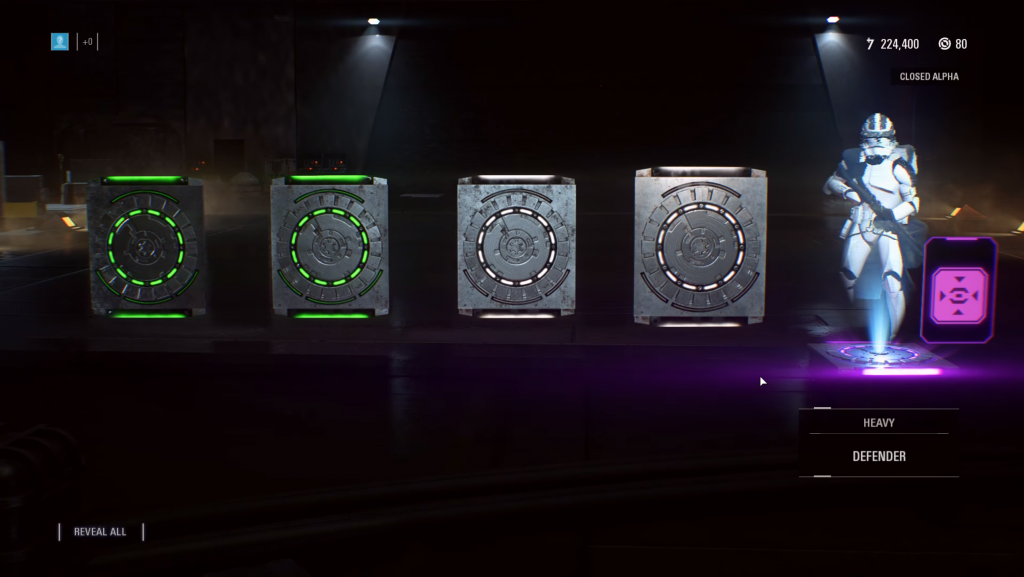Over the last couple of years, there has been plenty of debate surrounding in-game loot boxes and whether or not they should be considered gambling. Investigations have been launched and politicians have gotten involved all across the world. While some countries took the view that loot boxes were fine, others considered them to be outright illegal. Now, a US senator is looking to introduce a bill to ban loot boxes and pay-to-win microtransactions in video games.
Senator Josh Hawley announced his bill proposal last night. The idea is to block loot boxes and pay-to-win microtransactions in “games played by minors”, or essentially any game rated lower than 18+ by the ESRB. That would include titles like Fortnite, Candy Crush Saga, Overwatch, Rocket League, Call of Duty and more.
As part of the press release (via Kotaku), Hawley said that a game designed for kids “shouldn't be allowed to monetise addiction”. Beyond that, Hawley wants developers to do a better job of identifying minors playing games designed for adults so that they can be “walled off from compulsive microtransactions”.
The Entertainment Software Association has swiftly responded to this bill proposal, stating that “numerous countries” have determined that “loot boxes do not constitute gambling”. Adding that “parents already have the ability to limit or prohibit in-game purchases with easy to use parental controls”.
Of course, the catalyst for all of this was Star Wars Battlefront II, which had an entire progression system designed around opening up loot boxes and equipping ‘Star Cards' to boost power. This was changed at launch but that didn't stop politicians from looking to get involved. Belgium says that loot boxes are completely illegal, meanwhile other US representatives have called for tighter laws on video game microtransactions and even an FTC investigation.
KitGuru Says: It has been a while since we last heard about US politicians getting involved in the video game microtransaction debate. With this bill being proposed, we are going to see plenty of opposition from publishers but ultimately, this will be in the hands of the US senate to vote on.
 KitGuru KitGuru.net – Tech News | Hardware News | Hardware Reviews | IOS | Mobile | Gaming | Graphics Cards
KitGuru KitGuru.net – Tech News | Hardware News | Hardware Reviews | IOS | Mobile | Gaming | Graphics Cards



